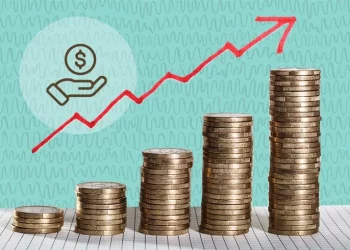Herd behavior is a psychological phenomenon where individuals mimic the actions of a larger group, often neglecting their own analysis or judgment. In the context of investments, this behavior leads investors to follow market trends simply because others are doing so, regardless of whether the decision aligns with their financial goals or the asset’s intrinsic value. This tendency is particularly evident during periods of market euphoria or panic, where collective actions can drive significant price swings.
One of the primary reasons behind herd behavior is the assumption that the collective wisdom of the crowd is superior to individual judgment. For example, during the dot-com bubble of the late 1990s, many investors poured money into tech stocks without fully understanding the companies’ business models. The fear of missing out (FOMO) on potential gains caused irrational buying, inflating stock prices far beyond their real value. When the bubble eventually burst, it left many investors with substantial losses.
Another factor is social proof, where individuals take cues from others’ actions to validate their own. This is especially prevalent in modern times, with social media amplifying market trends. A recent example is the GameStop short squeeze in early 2021. Retail investors, inspired by Reddit forums, drove the stock price to unprecedented levels. Many participated simply because they saw others doing so, often disregarding the underlying fundamentals of the company.
While herd behavior can sometimes lead to short-term gains, it often results in asset bubbles or sharp corrections when the market adjusts to reality. To counteract this, investors need to adopt a disciplined approach. Conducting thorough research, setting clear investment goals, and resisting the urge to follow trends blindly are critical steps. Diversification can also help mitigate risks associated with sudden market shifts driven by herd mentality.
In conclusion, while herd behavior is a natural human tendency, it can be detrimental to investment outcomes. By staying informed and maintaining a long-term perspective, investors can avoid being swayed by market hysteria and make decisions that align with their financial objectives.











